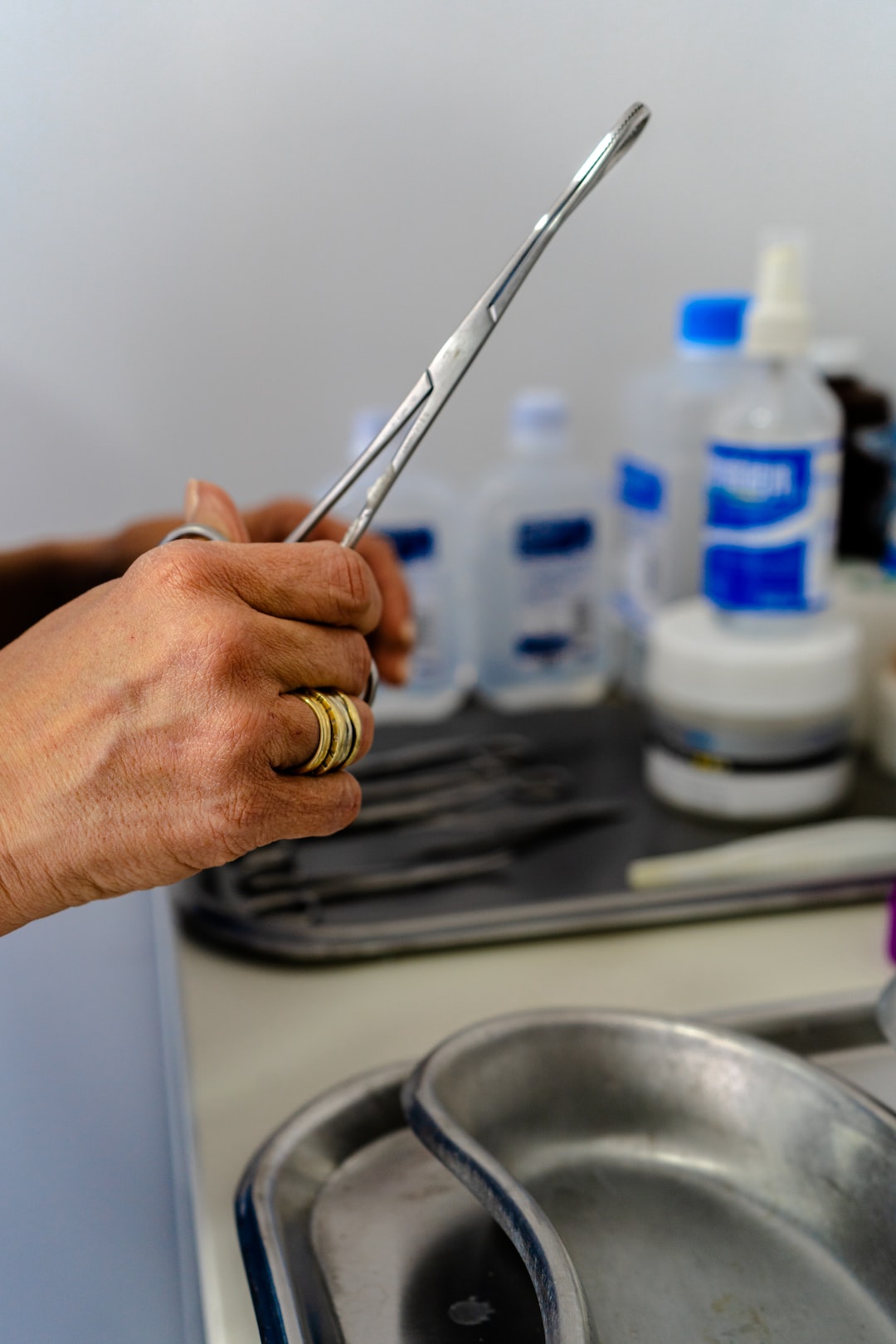Why do surgery scars never go away?
- by admin


Surgery scars are a common lasting reminder of a medical intervention. While our bodies are equipped with a remarkable ability to heal, surgery scars may persist and never fully disappear. Understanding the reasons behind this can help individuals manage their expectations and make informed decisions about their healthcare.
Causes of Surgery Scars
1. Depth of Incision
The depth of the incision plays a crucial role in the formation of surgery scars. Deeper incisions penetrate further into the layers of the skin, causing more significant tissue damage. As a result, the body’s healing process is more extensive, and a scar is likely to be more visible and potentially permanent.
2. Type of Surgery
The type of surgery also influences the potential for scar formation. Some surgical procedures, such as those involving organ transplantation or major reconstructions, require longer and more extensive incisions. These surgeries may result in larger and more noticeable scars due to the greater area of skin that is affected.
3. Individual Healing Factors
Each individual’s healing process is unique. Factors such as age, genetics, overall health, and lifestyle choices can impact how the body responds to surgery. Some people may naturally produce more collagen during the healing process, leading to raised or hypertrophic scars. Others may have a predisposition to keloid scars, which can exceed the boundaries of the original incision and be more challenging to treat.
Scar Management Techniques
1. Proper Wound Care
To minimize the appearance of surgery scars, it is essential to practice proper wound care. This involves keeping the incision site clean, dry, and protected to promote optimal healing. Following the healthcare provider’s instructions regarding cleansing, dressing changes, and avoiding certain activities can contribute to a better overall outcome.
2. Topical Treatments
Various topical treatments, such as silicone sheets or gels, can be used to manage surgery scars. These products help hydrate the skin and improve its texture, reducing the visibility of scars over time. Additionally, some scar creams or ointments contain ingredients like vitamin E or onion extract, which may aid in scar reduction.
3. Laser Therapy
Laser therapy is an effective option for minimizing the appearance of surgery scars. This non-invasive treatment uses targeted laser beams to break down scar tissue and stimulate collagen production. Over several sessions, laser therapy can help soften and fade scars, making them less noticeable.
While surgery scars may never completely go away, understanding the reasons behind their persistence can assist individuals in managing their expectations. By implementing proper wound care practices and exploring scar management techniques, individuals can minimize the appearance of surgery scars and promote healthy healing.
Remember, it is always essential to consult with a healthcare professional for personalized advice on scar management.
How To Make Your Scars Disappear! | Barrett Plastic Surgery
Surgery scars are a common lasting reminder of a medical intervention. While our bodies are equipped with a remarkable ability to heal, surgery scars may persist and never fully disappear. Understanding the reasons behind this can help individuals manage their expectations and make informed decisions about their healthcare. Causes of Surgery Scars 1. Depth of…
